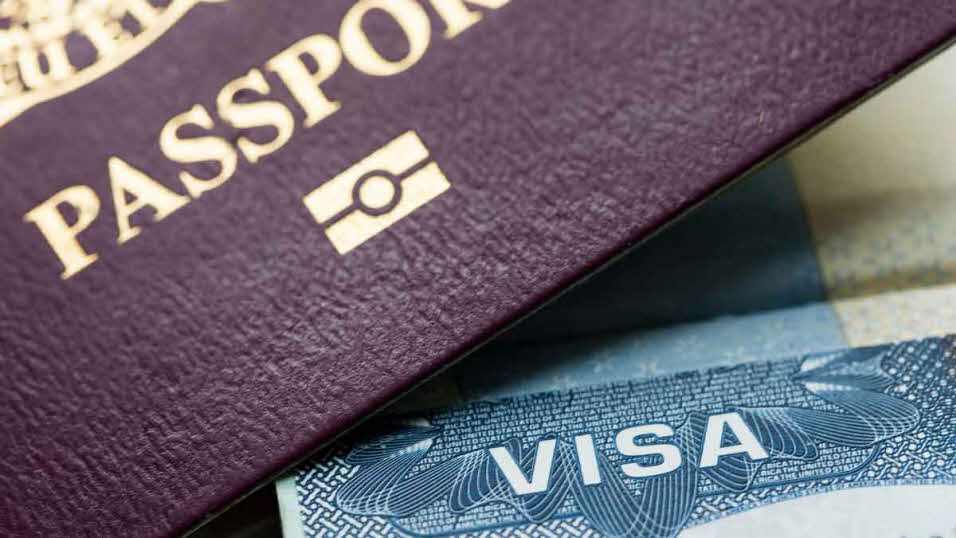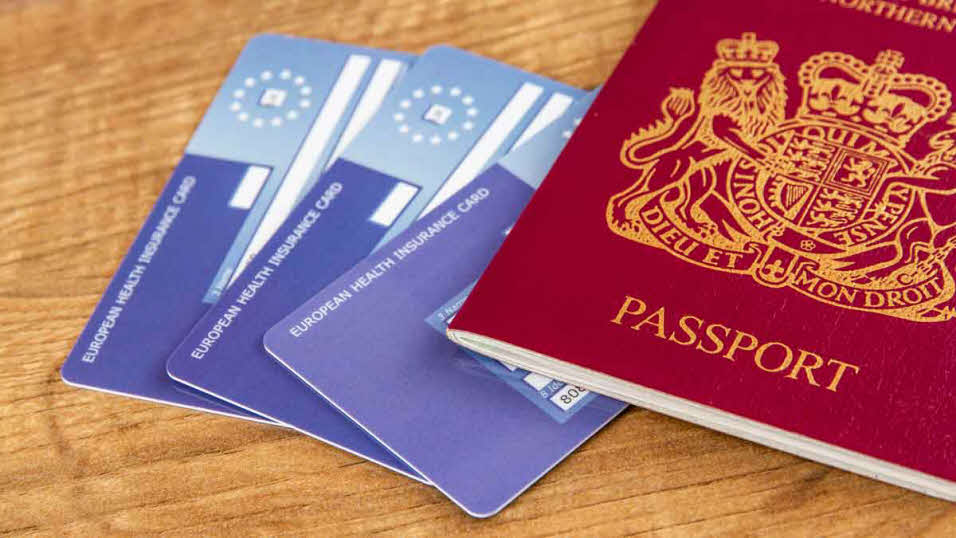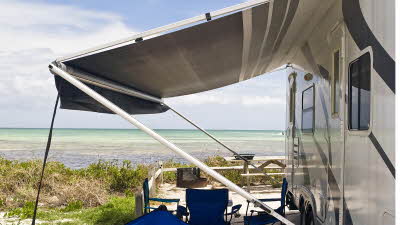Requirements for Driving in Europe
Check that you've got the correct documents and insurance to drive in Europe.
Find out more
Caravan and
Motorhome Club
Free on Google Play
 We've compiled everything you need to know about passports and other travel documents when travelling to Europe.
We've compiled everything you need to know about passports and other travel documents when travelling to Europe.
 Rules for UK Nationals visiting Europe since January 2021. You must check your passport validity online and renew it if you need to. You can check whether your passport is valid at gov.uk/checkpassport.
Rules for UK Nationals visiting Europe since January 2021. You must check your passport validity online and renew it if you need to. You can check whether your passport is valid at gov.uk/checkpassport.
According to the Schengen Border Code, you'll need your passport to both:
If you do need to renew your passport, we recommend doing this as soon as possible before you intend to travel as it can take up to 10 weeks for your new passport to arrive. It may take longer to issue a first adult passport. Note: these rules do not apply if travelling to the Republic of Ireland and you can continue to use your passport as long as it is valid for the length of your stay).
Burgundy passports, whether with "European Union" on the cover or not, remain valid alongside the new blue passport.
This new border requirement will apply to non-EU nationals travelling to the EU but there is no definite launch date yet. EES is an automated system that will replace manual passport stamping and will register each traveller's:
Data will be collected when travellers arrive at EU border control. However, Dover and Folkestone host the French border force in the UK (to avoid delays at disembarkation) so checks take place in the UK before boarding. At all other ports, the checks will take place on arrival into the EU.
Both Dover and Folkestone are spending millions on extra waiting lanes, technology & staff to make the collection of data as smooth as possible, with Dover proposing tablets to be passed around vehicles and Folkestone building 100 self-service kiosks for customers to get out of their vehicles and log the details of all passengers before going through passport control. It's hoped that things will run smoothly most days but on peak travel dates we expect longer queues.
As current peak days at Dover can see 2 hour queues for passport control, travellers should prepare for long delays. Make sure to plan ahead, bring adequate refreshments etc. There are plans to have toilet facilities and pet exercise areas available as needed.
Dover passport control will remain before the ferry operator check-in so make sure to allow plenty of time when planning your journey.
There are plans for a future app which will allow this information to be submitted in advance of travel, but this is not expected to be ready for the planned launch date.
EU Entry/Exit System: https://travel-europe.europa.eu/ees_en
UK Government information: www.gov.uk/guidance/eu-entryexit-system
ABTA consumer advice: https://www.abta.com/tips-and-advice/planning-and-booking-a-holiday/upcoming-changes-travel-europe
LeShuttle Live Departure information: https://www.leshuttle.com/uk-en/travel-updates/live-departures
Port of Dover Travel Advice https://www.portofdover.com/ferry/travel-advice/
Tourists do not need a visa for short trips to the EU of up to 90 days in any 180 day period. You may need a visa or permit to stay for longer and we recommend checking the relevant country information within the Foreign travel advice section of the gov.uk website for more information. Link here: https://www.gov.uk/
Regular travellers to Europe should be aware of the Schengen area which is a zone covering most, but not all, EU countries and any days spent in any country within this zone counts towards the 90 day limit. The 90 days start counting as soon as you enter the Schengen zone and visits to any Schengen country within the previous 180 days before you travel count towards your 90 days.
More information on which countries are part of the Schengen zone plus how to calculate the 90 days in 180 days rule can be found on this website https://www.
Note: The Republic of Ireland is not in the Schengen zone so days spent travelling there do not count towards the 90 day limit.
Will ETIAS affect my travel?
The European Travel Information and Authorisation System (ETIAS) is an electronic system that the EU is planning to implement to track individuals entering the area from countries that do not need a visa, much like the ESTA scheme in the USA. UK citizens may need to pay a fee of around 7 Euros for this online pre-travel authorisation check.
There is currently no planned launch date for ETIAS.
 The European Health Insurance Card (EHIC) allows any EU citizen access to state medical care when they are travelling in another EU country - although in many circumstances, there are significant limitations to what treatment UK citizens are able to receive.
The European Health Insurance Card (EHIC) allows any EU citizen access to state medical care when they are travelling in another EU country - although in many circumstances, there are significant limitations to what treatment UK citizens are able to receive.
After January 2021, UK issued European Health Insurance Cards remain valid until their expiry date within the EU and Switzerland, but not in Liechtenstein, Norway and Iceland. New EHICs will no longer be issued for UK travellers but a replacement UK Global Health Insurance Card (GHIC) will provide the same access to state healthcare in the EU and Switzerland, but not in Liechtenstein, Norway and Iceland.
Given the limitations of EHIC / GHIC, we always recommend that you also have suitable travel insurance before you go on holiday. Make sure you get travel insurance that covers your health needs. Visit GOV.UK to check what your travel insurance should cover.
It is now even more important to have personal health and accident cover, and breakdown cover for your vehicle when travelling overseas. Our Red Pennant scheme covers all these things and is tailored to your personal situation.



